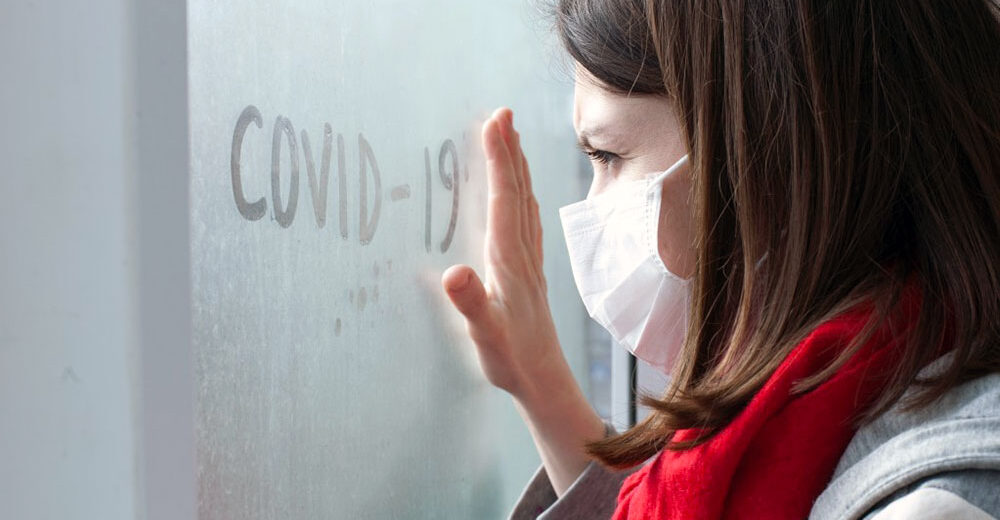While wearing masks are the new normal and are required in many establishments, for those who are hard of hearing, wearing a face mask during the COVID-19 pandemic makes communication much more difficult. Managing face masks and impaired hearing is a challenge for many since it makes it impossible to read lips and visual cues. Besides a mask covering up a person’s face, a face mask muffles a person’s voice, making it harder for an already hard of hearing person to make out what a person is saying. Add social distancing to that equation, and you have quite a precarious situation. However, there are ways to help mitigate the situation to help improve communication.





